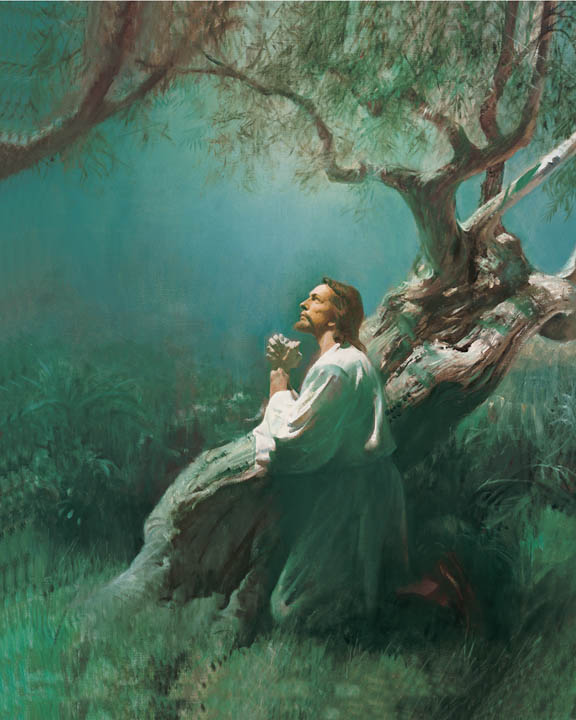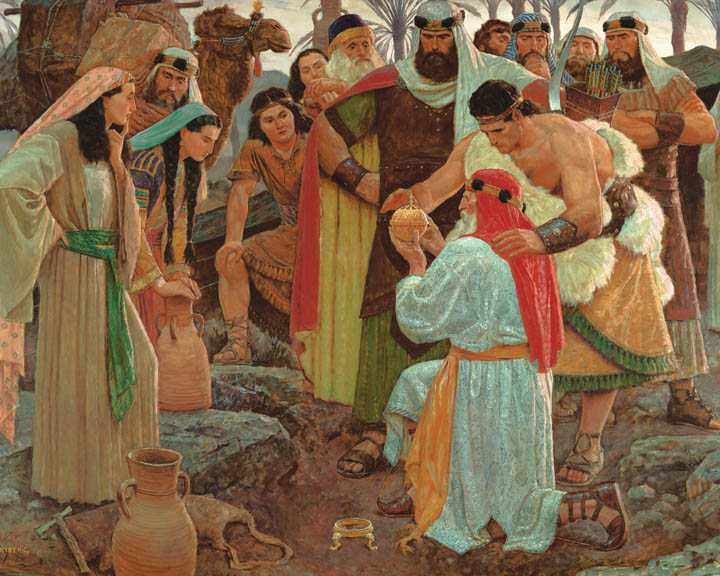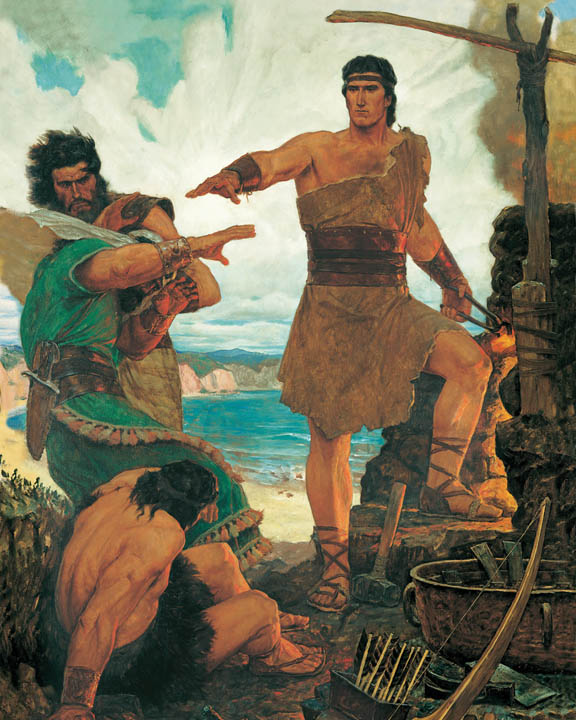A discussion in my Book of Mormon Class at Brigham Young University gave me cause for some reflection. A student commented on a scripture from the first book of the Book of Mormon called the Book of Nephi. In this verse, the Lord is speaking: “Behold I have graven thee upon the palms of my hands; thy walls are continually before me” (1 Nephi 21:16). This is a beautiful way of telling us that the Lord will never forget us, because He paid the ultimate sacrifice for us. As a member of The Church of Jesus Christ of Latter-day Saints (commonly known as the “Mormons”), we resolutely believe that it is only through the Atonement of Jesus Christ that we can return to be with God.
We as humans are not perfect. We all fall short of God’s glory, which prevents us from coming back to live in God’s presence. Fortunately for us, God provided a way for us to return to Him; He had His Son Jesus Christ come to earth, gain a body, and sacrifice Himself in order to bring back the rest of us. Prophets throughout the scriptures, including the Bible and Book of Mormon, have acted as witnesses of the coming and sacrifice of Christ: “And I, Nephi, saw that he was lifted up upon the cross and slain for the sins of the world” (1 Nephi 11:33). In the Garden of Gethsemane, Christ suffered for the sins of everyone who will ever live, and He then allowed Himself to be crucified. These actions performed by Christ are the two parts of the Atonement, which effectively overcome spiritual and physical death.
This sacred act allows us all to return to God again—but not automatically. I once heard an analogy illustrating this point: It’s as if you’re walking along and suddenly fall into a deep pit. The walls are steep and there’s no way you can get out without help. Looking up, you see a rope ladder slowly being lowered into the pit. It descends all the way to the bottom of the pit and hangs there, ready for use. This represents the Atonement. Christ descended below all of us to help us, but it is our choice to decide to take advantage of this miraculous gift. In the pit analogy, you have that ladder mercifully given to you, but you have to be that one to proactively grab onto the ladder and begin the climb upward. Through teachings in the Book of Mormon, we learn that if we have the faith to begin the climb, we will receive a personal conviction that the Lord is there. In 1 Nephi 21, the Lord personally makes us a promise that “thou shalt know that I am the Lord; for they shall not be ashamed that wait for me.”
I am not ashamed of my religion. I am proud to call myself a member of The Church of Jesus Christ of Latter-day Saints. I know that only through the Atonement of Christ can I be saved in His kingdom. I also know that although His mercy will allow me to be forgiven of my sins, I must do my part by “climbing the ladder” in order to fully accept His mercy and utilize its potential of bringing me back into the glorified presence of my Heavenly Father and my Savior for all eternity. In the very last verse of 1 Nephi 22, the prophet Nephi proclaims: “…if ye shall be obedient to the commandments, and endure to the end, ye shall be saved at the last day.” I know which way I should live my life in order to be saved. I rejoice in keeping the Lord’s commandments because I know that through my righteous living, I am steadily climbing that ladder back to Christ.
This post was written by Emily B., a student at Brigham Young University and a member of The Church of Jesus Christ of Latter-Day Saints.
Additional Resources:







Recent Comments